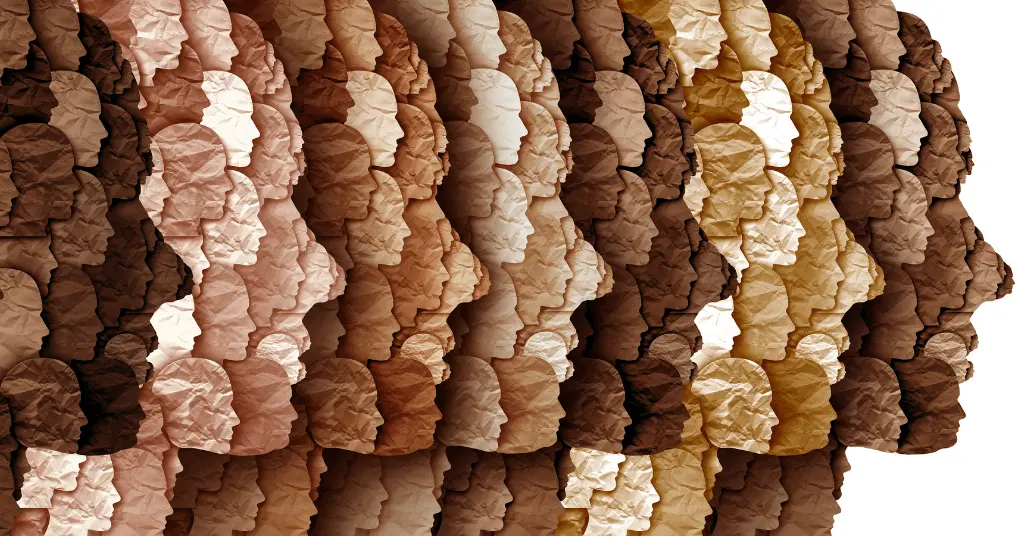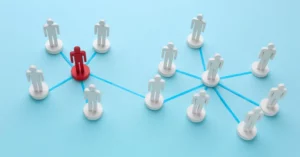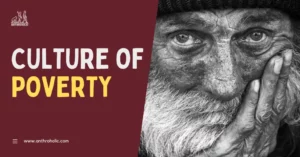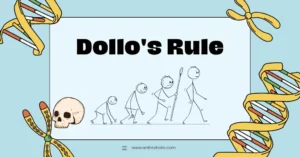AI Answer Evaluation Platform Live Now. Try Free Answer Evaluation Now
Cultural Revitalization
Cultural revitalization is the process of reclaiming and re-evaluating cultural practices, traditions, and values that have been lost or marginalized due to historical or contemporary factors. Anthropologists play a crucial role in this process by documenting and studying these cultural practices, and by collaborating with communities to help preserve and promote their cultural heritage. Through cultural revitalization efforts, communities can maintain their cultural identity and heritage, and gain a sense of empowerment and agency in the face of globalization and other challenges to cultural diversity.

Significance of Cultural Revitalization
Cultural revitalization is critical to the field of anthropology because it helps to preserve and promote cultural diversity and the unique cultural heritage of different communities. Through collaborative efforts with communities, anthropologists can contribute to the revitalization of cultural practices, traditions, and values that may have been lost or marginalized due to colonization, globalization, and other factors. By working with communities to document and study their cultural practices, anthropologists can also help to promote cross-cultural understanding and respect. Overall, cultural revitalization efforts help to ensure that cultural diversity and heritage are not lost, and that communities have agency in preserving and promoting their own cultural identity.
Challenges
Cultural revitalization faces several challenges, including the loss of knowledge and language, changes in social structure, and the pressures of modernization and globalization. These challenges can hinder efforts to preserve and promote cultural heritage and practices. Anthropologists must work collaboratively with communities to understand and address these challenges, and to develop effective strategies for revitalizing cultural traditions and practices.
Strategy
- Collaboration with community members, cultural organizations, and government agencies to develop effective cultural revitalization initiatives.
- Documentation and study of cultural practices, including language, art, and other forms of cultural expression, to promote understanding and preservation.
- Education and awareness campaigns to promote cultural practices and values among community members and the broader public.
- Preservation of cultural heritage sites and artifacts to protect and promote the history and traditions of a community.
- Integration of traditional practices into modern life to ensure that cultural practices and values remain relevant and continue to be passed on to future generations.
Education and awareness
Education and awareness campaigns play a crucial role in cultural revitalization efforts, helping to promote cultural practices and values among community members and the broader public. Through these campaigns, anthropologists and other stakeholders can help to raise awareness about the importance of cultural diversity and heritage, and promote cross-cultural understanding and respect.
Preservation of Cultural Heritage Sites and Artifacts
Preservation of cultural heritage sites andartifacts is important in cultural revitalization efforts, as they help to protect and promote the history and traditions of a community. Anthropologists can work with communities to identify and protect these sites and artifacts, and to develop strategies for their long-term preservation and use in cultural revitalization efforts.
Promotion of Cultural Events and Festivals
Promotion of cultural events and festivals is another strategy for cultural revitalization, as it can help to promote cultural practices and traditions among community members and the wider public. Anthropologists can work with communities to organize and promote these events, and to ensure that they are inclusive and accessible to all.
In various cultural activities and festivals, Custom Keychains, as a unique and practical carrier of cultural communication, can play an unexpected role. When designing customized keychains, you can incorporate rich cultural elements to clearly show the characteristics of cultural activities and festivals.
Introducing keychains with traditional cultural logos during a traditional festival can not only promote traditional festivals, but also display cultural characteristics wherever customized keychains go, attracting the attention of others, thereby arousing curiosity and interest in related cultural activities and festivals.

Integration of Traditional Practices into Modern Life
The integration of traditional practices into modern life is a crucial strategy for cultural revitalization, as it helps to ensure that cultural practices and values remain relevant and continue to be passed onto future generations. Anthropologists can work with communities to identify and promote ways to integrate traditional practices into modern life, such as through the incorporation of traditional practices into education and healthcare, or the development of traditional crafts and arts as a source of income and economic development. This can help to preserve and promote cultural heritage, while also contributing to community empowerment and resilience.
Support for Cultural Organizations
Support for cultural organizations is important in cultural revitalization efforts, as these organizations can play a key role in promoting and preserving cultural practices and heritage, and in fostering community empowerment and agency.
Conclusion
Cultural revitalization is a critical process for preserving and promoting cultural diversity and heritage. Anthropologists can play a key role in this process, through collaborative efforts with communities to develop effective strategies for revitalization.




